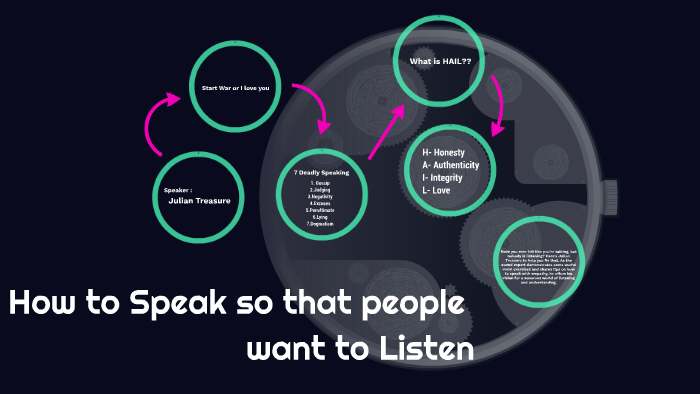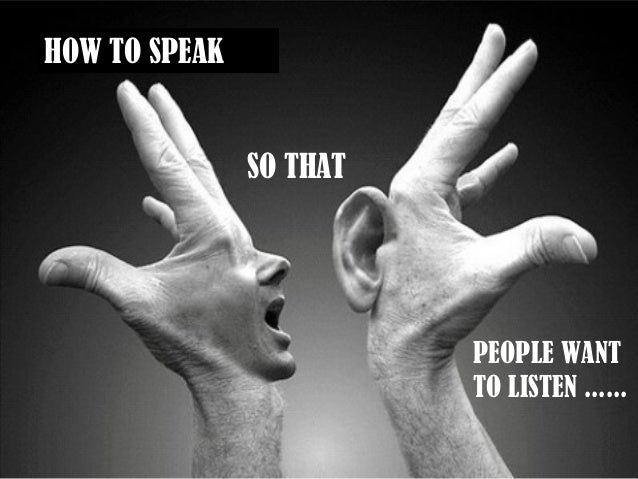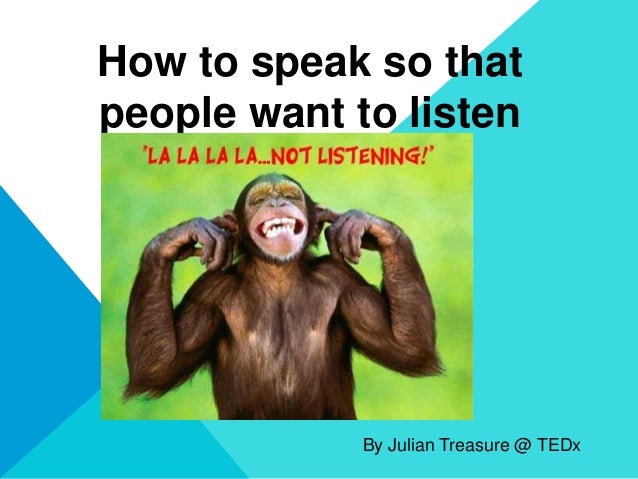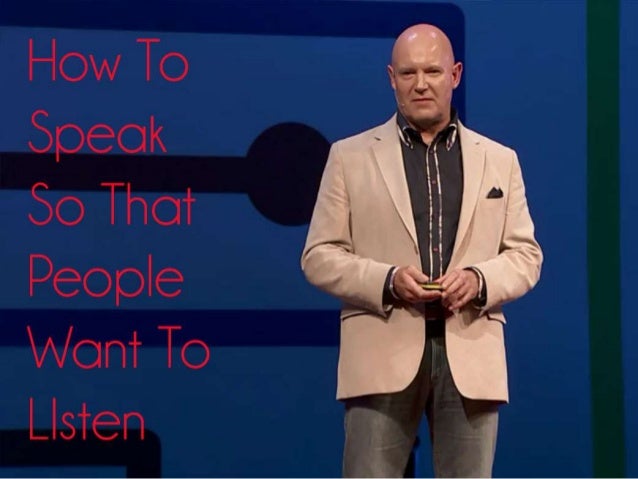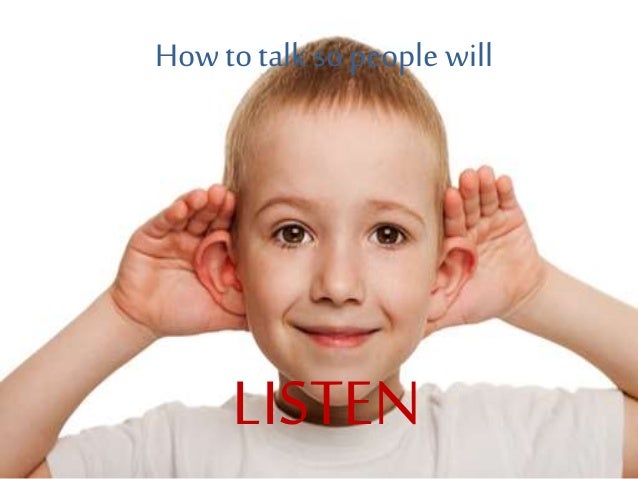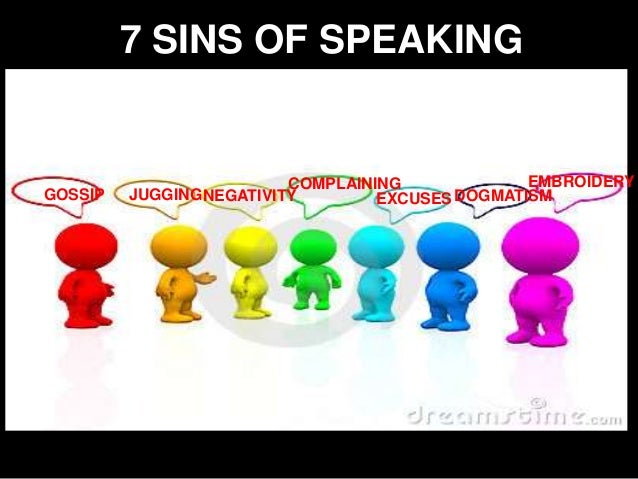How To Speak So People Will Want To Listen
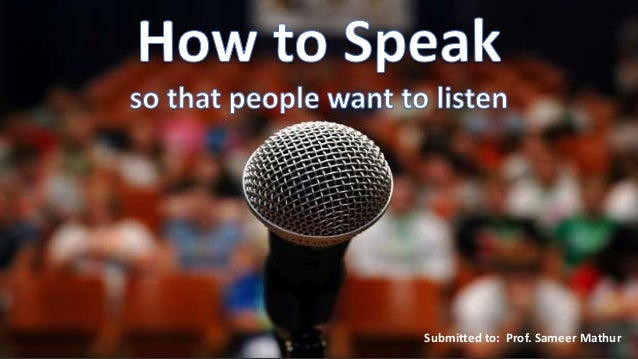
In a world saturated with information, the ability to command attention and connect with an audience through effective communication is more critical than ever. From professional settings to personal interactions, knowing how to speak so people will want to listen can significantly impact one's influence and success.
This article explores the key elements of compelling communication, drawing on expert insights and practical strategies to help individuals enhance their speaking skills and engage their listeners effectively. It delves into the techniques that transform ordinary conversations into captivating exchanges.
Understanding Your Audience
Effective communication begins with understanding your audience. Knowing their interests, backgrounds, and needs is paramount to tailoring your message accordingly. Consider what motivates them and what challenges they face.
This information will help you frame your message in a way that resonates with them. Dr. Lillian Glass, a communication expert, emphasizes the importance of empathy in connecting with others.
Crafting a Compelling Message
The content of your message is just as important as how you deliver it. A clear, concise, and engaging message will capture and hold your audience's attention. Storytelling is a powerful tool for illustrating your points.
Use anecdotes, examples, and real-life experiences to make your message more relatable and memorable. Remember the saying, "Facts tell, stories sell."
Mastering Nonverbal Communication
Nonverbal cues, such as body language and tone of voice, play a crucial role in how your message is received. Maintaining eye contact, using open posture, and varying your vocal delivery can significantly enhance your impact.
Studies have shown that nonverbal communication accounts for a significant portion of how we interpret messages. Pay attention to your gestures and facial expressions to ensure they align with your words.
The Power of Voice
Your voice is a powerful instrument in communication. Varying your pitch, pace, and volume can keep your audience engaged. Avoid speaking in a monotone, which can quickly lose listeners' attention.
Practice speaking clearly and enunciating your words. Consider recording yourself and listening back to identify areas for improvement. Effective voice modulation is key to captivation.
Active Listening: The Other Half of the Conversation
Communication is a two-way street. Active listening is just as important as speaking. Pay attention to what others are saying, ask clarifying questions, and show genuine interest.
This demonstrates respect and understanding, fostering a connection that makes people more receptive to your message. It’s not just hearing; it’s understanding and responding thoughtfully.
"Most people do not listen with the intent to understand; they listen with the intent to reply." - Stephen Covey
Practice and Feedback
Like any skill, effective communication requires practice. Seek opportunities to speak in front of others, whether in formal presentations or informal conversations.
Solicit feedback from trusted sources to identify your strengths and weaknesses. Use this feedback to refine your skills and become a more confident and compelling speaker. Continuous improvement is the pathway to mastery.
By understanding your audience, crafting compelling messages, mastering nonverbal cues, practicing active listening, and seeking feedback, you can significantly enhance your ability to speak so people will want to listen. This skill translates to greater influence, stronger relationships, and increased success in all aspects of life.
